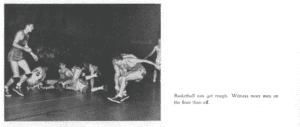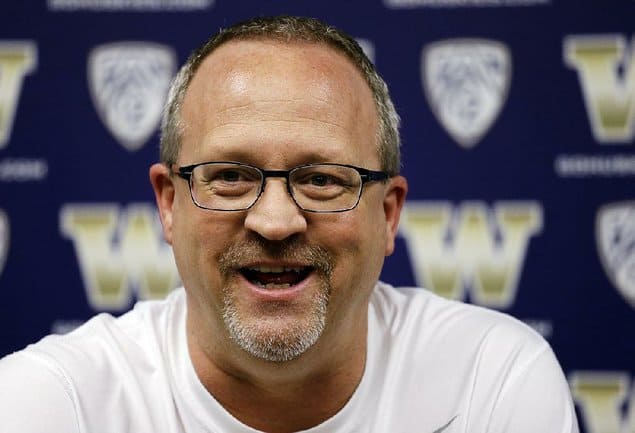From 1945 to 2016 no Arkansan had been the head coach of a Final Four team. A Greenwood native changed that…
Among most of today’s Razorback fans, Eddie Sutton is widely regarded as the man who lifted the University of Arkansas to a level where it could be perceived as every bit of a basketball school as a football one. Before he arrived on the scene, after all, the court at Barnhill Arena was surrounded by a dirt floor. Average attendance was about 800 people, and ticket receipts didn’t even cover the football staff’s phone bill.
For these reason, along with the post Nolan Richardson slide, most of the today’s fans believe Arkansas has always primarily been a football school.
Rewind a few decades, though, and many fans will be surprised at how far football had fallen relative to basketball. In the early 1940s, the power dynamic which would come to define Razorback sports from the 1950s onward hadn’t yet been established. In January 1943, the construction of War Memorial Stadium was still three years away and Razorback football had lost 16 straight Southwest conference games over a period of more than two years. Then, it was in basketball where Arkansas found its high levels of national athletic prestige.
The disparity was so bad that Dr. Eugene Lambert, then the school’s athletic director, felt a need to address it. “Arkansas is in a position to get on top, not just in basketball but in football,” he said. “Why? The Razorbacks have the whole state to draw from and our high school teams are on par with those in Texas and are better than those in the southeast.”
The January 19, 1943 Associated Press article continued:
Lambert, who became athletic director at Arkansas last year, says there’s no reason why the university shouldn’t lead in football as well as basketball, a sport in which the Razorbacks have long excelled.
It is the opinion of the 38-year- old Lambert, who this year inaugurated a physical education program to give every male student an opportunity to become physically fit, that there will have to be some consistent boosters developed to obtain the athletes.
“Too often,” he said, “the Razorback coaches know too little about the new candidates for various athletic squads.”
Eugene Lambert, a Searcy native, would go on to coach the Razorback basketball team in 1945, and lead it to the program’s second Final Four appearance. The first appearance came in 1941 under the leadership of head coach Glen Rose.*
At this point the NCAA Tournament was only eight teams, so a single win was all that was needed to make what is now known as the Final Four.

Since the tourney was expanded to more than eight teams, the only native Arkansans to coach in Final Fours were assistants like Pat Foster (an Emerson native who coached under Eddie Sutton).
But no native Arkansan had been the head coach of a Final Four team until this spring. Greenwood native Mike Neighbors broke that drought by leading Washington Huskies women’s team into the semifinals. I write more about his amazing, unlikely story in an upcoming OnlyInArk.com piece.
For the sake of trivia, let’s look at some non-native coaches at Arkansas schools/teams with Final Four head coaching ties. Below are the three I’ve come up with. Let me know if you think of some others!
Arkansas State
- Former head coach John Brady (2008-2016) coached LSU to the 2006 Final Four.
- Former assistant Richard Williams (2010-2014) coached Mississippi State during its 1996 Final Four run.
Other
- Butch van Breda Kolff coached Princeton to the 1965 Final Four eight years before coaching the professional Memphis Tams (standing for Tennessee, Arkansas and Mississippi’)
*I don’t know Rose’s exact birthplace. According to an Associated Press article on his 1994 death, he was born in Siloam Springs and then moved to Little Rock early in life. But according to his official bio in the Arkansas Sports Hall of Fame, he’s from North Little Rock. .



